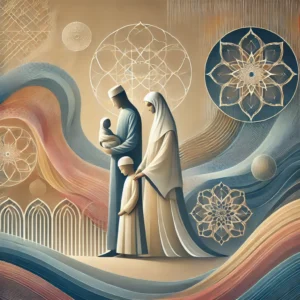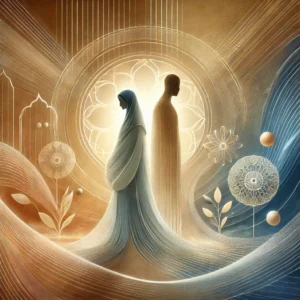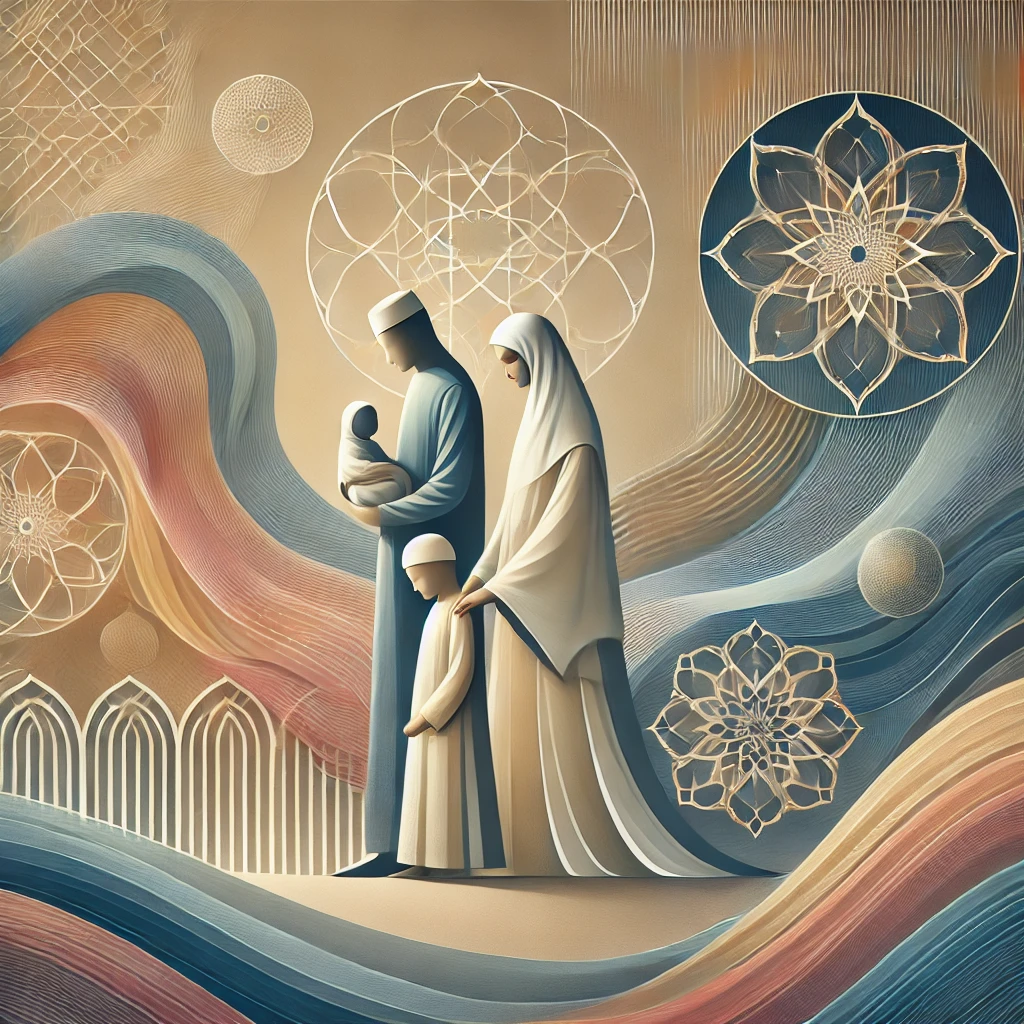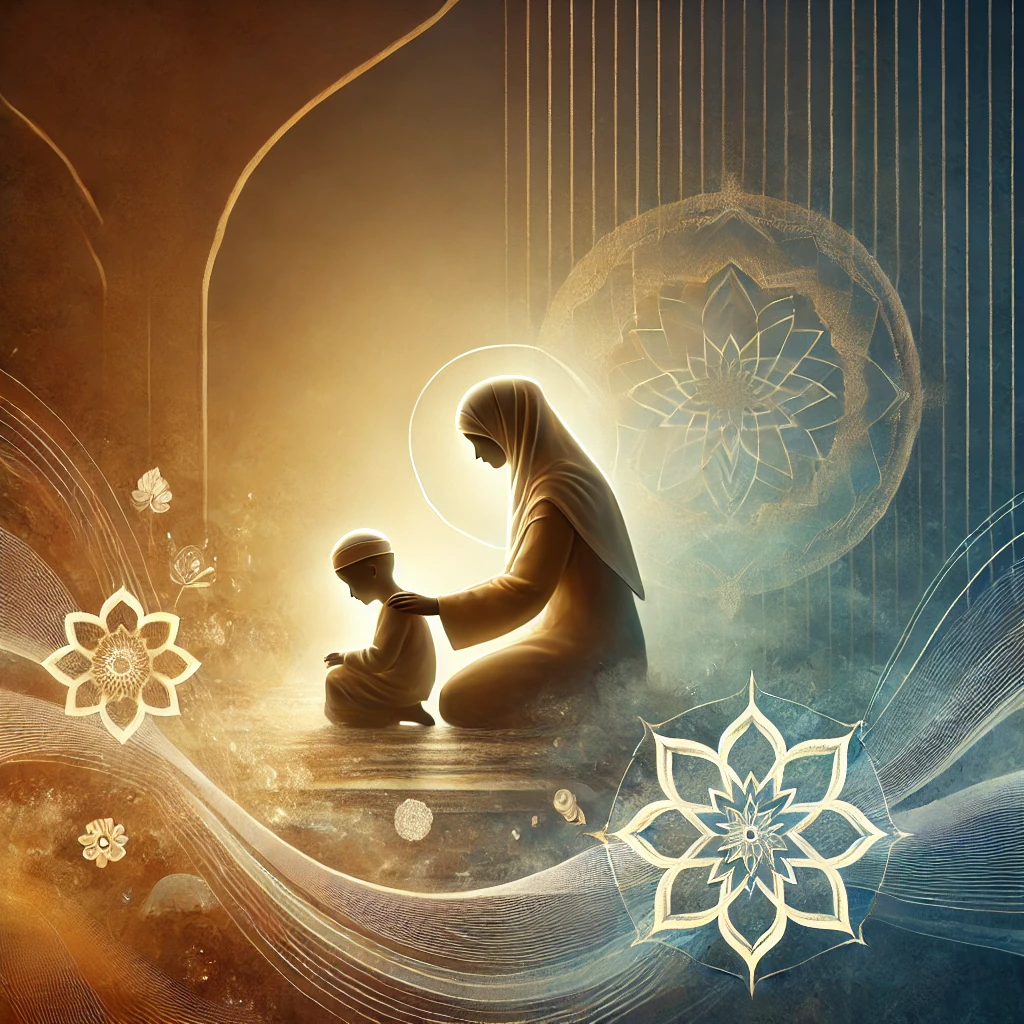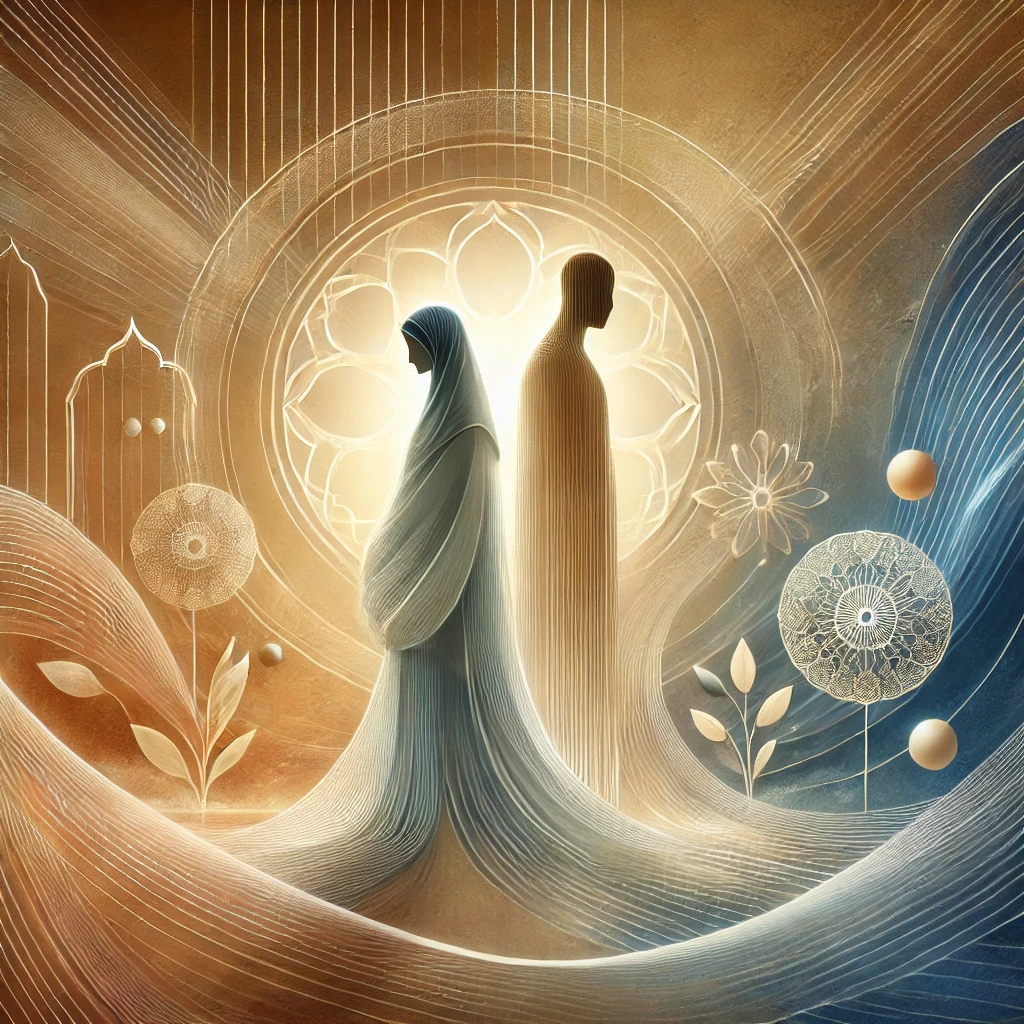In Islam, marriage is a sacred bond based on mutual respect, love, and cooperation between husband and wife. Both men and women have rights and responsibilities within this partnership, and these roles are clearly defined to ensure harmony and balance within the family. Women, in particular, are given significant rights in marriage, and their well-being, dignity, and happiness are protected by Islamic teachings.
One of the most important aspects of marriage in Islam is the concept of mutual consent. A woman has the right to choose her spouse, and her marriage is only valid if she freely agrees to it. The Quran emphasizes this by saying: “Do not prevent them from remarrying their [former] husbands if they agree among themselves in a suitable manner.” (Surah Al-Baqarah, 2:232). This verse underlines the importance of a woman’s consent in marriage, ensuring that her voice is respected and her autonomy upheld.
Once a woman is married, she is entitled to receive a mahr (dowry) from her husband. The mahr is a gift that the husband gives to his wife as a sign of his commitment and love. This dowry is the woman’s right, and she has full ownership of it. The Quran states: “And give the women [upon marriage] their [bridal] gifts graciously.” (Surah An-Nisa, 4:4). This verse makes it clear that the mahr is a form of honoring the woman and acknowledging her importance in the marriage.
In addition to these rights, Islam places a great emphasis on the kind and respectful treatment of women within marriage. Husbands are instructed to care for their wives, provide for them, and treat them with compassion and fairness. In Surah An-Nisa, Allah says: “And live with them in kindness. For if you dislike them, perhaps you dislike a thing and Allah makes therein much good.” (Surah An-Nisa, 4:19). This verse encourages husbands to maintain a positive and supportive relationship with their wives, even during challenging times.
Women, in turn, have responsibilities in marriage that align with the values of cooperation and mutual support. They are expected to contribute to the emotional, moral, and spiritual well-being of the family. The Prophet Muhammad (PBUH) said: “Each of you is a shepherd, and each of you is responsible for his flock. The woman is the shepherd of her husband’s household and is responsible for it.” This Hadith highlights the role of women as caretakers of the home, emphasizing their influence in creating a nurturing and harmonious family environment.
Islam also recognizes that women have the right to education, personal development, and participation in society. The Prophet Muhammad (PBUH) famously said: “Seeking knowledge is obligatory for every Muslim.” This Hadith applies to both men and women, showing that women are encouraged to pursue knowledge and contribute to the betterment of society. A well-educated woman is better equipped to raise educated and morally upright children, thus contributing to a stronger family and community.
Furthermore, Islam allows women to seek divorce if the marriage is no longer fulfilling or if there is harm involved. A woman’s right to seek a divorce is known as khula in Islamic law. This ensures that women are not trapped in unhealthy or abusive marriages and have the freedom to seek a better life if necessary. The Prophet Muhammad (PBUH) said: “The most hated of permissible things to Allah is divorce.” This Hadith emphasizes that while divorce is allowed in Islam, it is always viewed as a last resort, and efforts should be made to resolve issues before reaching that point.
In conclusion, Islam provides women with clear rights and responsibilities within marriage, ensuring that they are treated with dignity, respect, and love. Women have the right to choose their spouses, receive a dowry, and be treated kindly by their husbands. In return, they contribute to the emotional and spiritual well-being of the family, playing a central role in creating a harmonious home. Through these balanced rights and responsibilities, Islam establishes a framework for a strong and supportive marriage that benefits both the individuals and the family as a whole.




